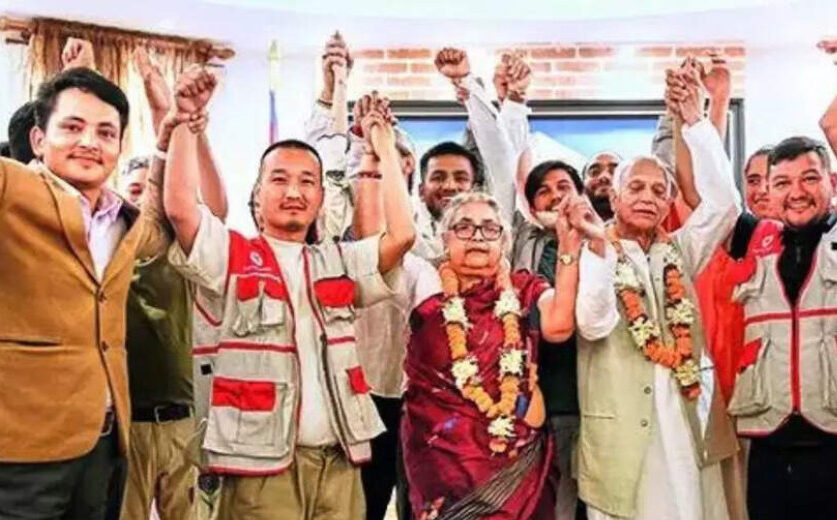Nepal’s first woman interim Prime Minister, Sushila Karki, holds an MA in political science from Banaras Hindu University. She graduated in 1975, marking the beginning of her profound connection with India. This educational background has shaped her perspectives and career. Her time at BHU left a lasting impression on her life. Karki’s husband, Durga Prasad Subedi, also attended the same university. Interestingly, Subedi carried out Nepal’s first hijacking in 1973. He was one of three men who commandeered a Royal Nepal Airlines aircraft. The plane had Bollywood star Mala Sinha among its passengers. This dramatic event was orchestrated to fund rebellion against the monarchy. The hijacking targeted a flight transporting cash belonging to a Nepalese bank. Subedi was a Nepali Congress youth leader protesting the Panchayat regime of King Mahendra. The other two hijackers were Nagendra Dhungel and Basanta Bhattarai. Future Nepal PMs Girija Prasad Koirala and Sushil Koirala were among the conspirators. The hijackers directed the pilot to land in Forbesganj, Bihar. They fled into the jungle with a large amount of cash after landing. Subedi went into hiding in Varanasi following the incident. He was arrested after Emergency was imposed in India in 1975. Subedi remained in jail for two years before being handed over to Nepalese authorities. The other hijackers were also convicted and jailed. They were released after the Emergency was lifted in India. Professor Dipak Malik, a retired BHU professor, speaks fondly of Karki. They have maintained a cordial relationship since her university days. Professor Malik last visited her in November 2024. He highlighted Karki’s strong reputation for integrity and zero tolerance for corruption. Her political neutrality and landmark rulings against corrupt officials have earned widespread respect. Professor Malik expressed happiness that Nepal will get a neutral and honest leader. Karki recently called herself a friend of India in a CNN-News18 interview. She attributes this bond to her time at BHU. Karki emphasized the long-standing relationship between India and Nepal. She highlighted India’s support and goodwill towards her country. Speaking about Indian leadership, she said she has a good impression of Modi. Born on June 7, 1952, in Biratnagar, Karki obtained a BA from Mahendra Morang Campus. She then pursued her MA from BHU in 1975. Karki earned a law degree from Nepal’s Tribhuvan University in 1978. She began her legal career in 1979, becoming a senior advocate in 2007. Karki was appointed a Supreme Court judge in 2010. She served as acting chief justice of Nepal’s Supreme Court from April to July 2016. Karki then served as chief justice until June 2017. Her journey reflects dedication and resilience. Karki’s story intertwines education, law, and profound international connections. Her leadership promises integrity and neutrality for Nepal.
- Mon. Jan 12th, 2026

